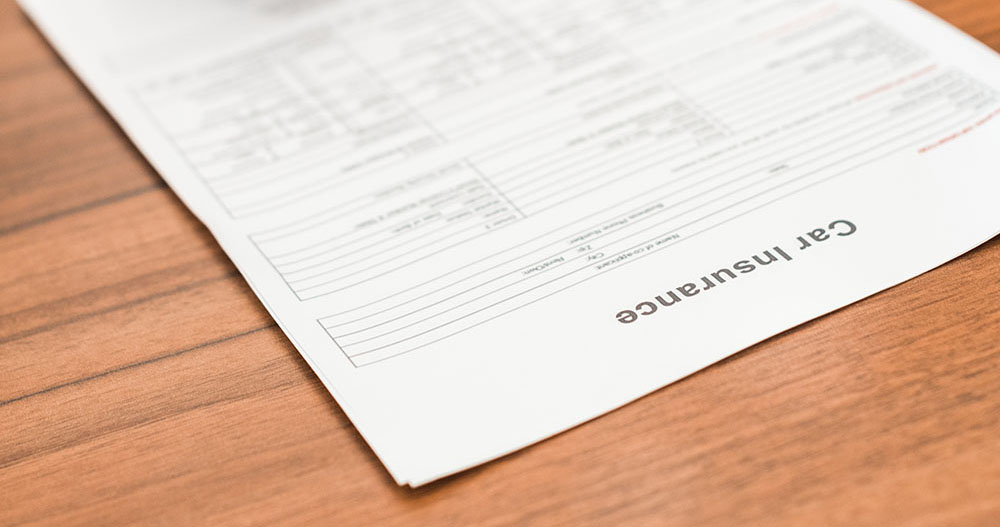Imagine this: you’re at a car dealership purchasing the car of your dreams with the money you’ve worked so hard to save. Then, the next day, you’re at a stoplight, and someone rear-ends you so badly that your brand-new car is totaled. Suddenly, you’re stuck with a loan on a car that started depreciating when it was driven off the lot. And your comprehensive and collision insurance will only cover the actual cash value. Scenarios like this are exactly why gap insurance exists.
What is gap insurance?
Gap insurance is an optional car insurance that pays the difference between your loan balance and your car’s market value if it’s stolen or totaled. Gap coverage protects you from depreciation by paying the difference when you owe more than what the car is worth. In order to qualify for gap insurance, you must have comprehensive and collision coverage.
Here’s an example of how it works. Let’s say you finance your vehicle for $30,000, and its actual cash value is $25,000. One day your car gets totaled in an accident, but you have comprehensive, collision, and gap coverage. Your comprehensive and collision insurance will pay the lender the value of the vehicle minus your deductible. Then, instead of you having to come up with the remaining $5,000 out of pocket, the gap insurance would cover that amount for you, and all you would have to pay is the deductible.

What does gap insurance cover?
Gap insurance only pays off the remaining loan balance on your car in the event the vehicle has been stolen or totaled in an accident. It doesn’t cover vehicle repairs, injuries, or damage to anyone’s property. Furthermore, your gap coverage may have a limit. In that case, it might not pay off the entire balance if you owe significantly more than what the car’s worth. Additionally, it may not cover extra charges on your loan, such as finance or excess mileage fees.
Do you need gap insurance?
While some lease or loan companies might require gap insurance on your car insurance policy, it’s not required by any state. If you’re considering this coverage, think about whether you would be comfortable potentially paying for the difference between the remaining loan amount and the actual car value. Gap coverage is a good idea if you:
- Lease your car (often required coverage)
- Finance your new car for 60 months or longer
- Buy a car with a down payment of less than 20%
- Purchase a car that will depreciate quickly
- Plan to put a lot of miles on your car, which speeds up depreciation
However, if you own your car or owe less than its actual cash value, you likely don’t need it.
While not all drivers need gap insurance, if you’re leasing or making payments on a car, you should consider it. Want to learn more about gap insurance and whether or not it’s a coverage you should purchase? Connect with us or request a free quote today!


